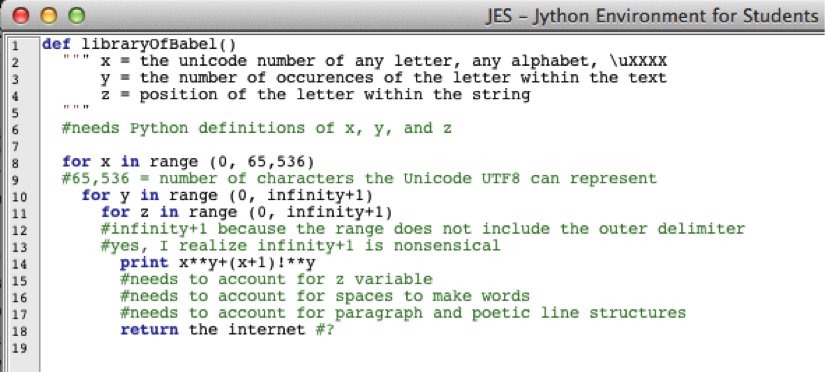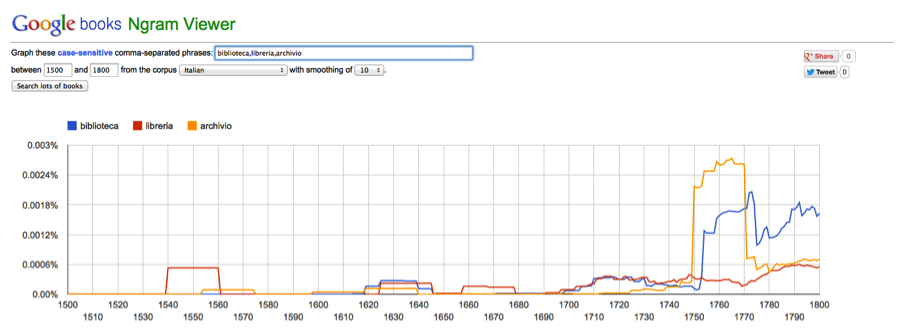In Spring 2016, DCS alumna Gina Stalica (Bowdoin Class of 2016) completed an Independent Study of databases that involved critical reading, tool evaluation, and tutorial development. Shortly after she submitted her work, a lively discussion about readings on databases circulated through the Association of Internet Researchers (AIR) mailing list. AIR member Amanda Licastro compiled a public Zotero group on the topic after making the initial inquiry:
https://www.zotero.org/groups/database_dh
Here are a few highlights (some of which were covered by Gina’s work as well):
Dourish, Paul. “No SQL: The Shifting Materialities of Database Technology :
Computational Culture.” Computational Culture 1, no. 4 (November 9, 2014).
http://computationalculture.net/article/no-sql-the-shifting-materialities-of-database-technology
Driscoll, Kevin. 2012. “From Punched Cards to‘ Big Data’: A Social History
of Database Populism.” Communication+ 1 1 (1): 4.http://scholarworks.umass.edu/cpo/vol1/iss1/4.
Drucker, Johanna. “Database Narratives in Book and Online.” Journal of Electronic Publishing 18.1 (2015): n. pag. Web. http://quod.lib.umich.edu/j/jep/3336451.0018.113?view=text;rgn=main
IEEE Annals of the History of Computing Vol 29, Issue 3 (History of PC Spreadsheets):
http://ieeexplore.ieee.org/xpl/tocresult.jsp?isnumber=4338433
Liu, Alan. 2008. Local Transcendence: Essays on Postmodern Historicism and
the Database. Chicago, IL: University of Chicago Press.
Mackenzie, Adrian. 2012. “More Parts than Elements: How Databases
Multiply.” Environment and Planning D: Society and Space 30 (2): 335–50.
doi:10.1068/d6710.
Manoff, Marlene. 2010. “Archive and Database as Metaphor: Theorizing the
Historical Record.” Portal: Libraries and the Academy 10 (4): 385–98.
Price, Kenneth M. “Edition, Project, Database, Archive, Thematic Research Collection: What’s in a Name?” Digital Humanities Quarterly 3.3 (2009): n. pag.
http://digitalhumanities.org:8081/dhq/vol/3/3/000053/000053.html
Zwick, Detlev, and Janice Denegri Knott. 2009. “Manufacturing Customers The
Database as New Means of Production.” Journal of Consumer Culture 9 (2):
221–47. doi:10.1177/1469540509104375.

